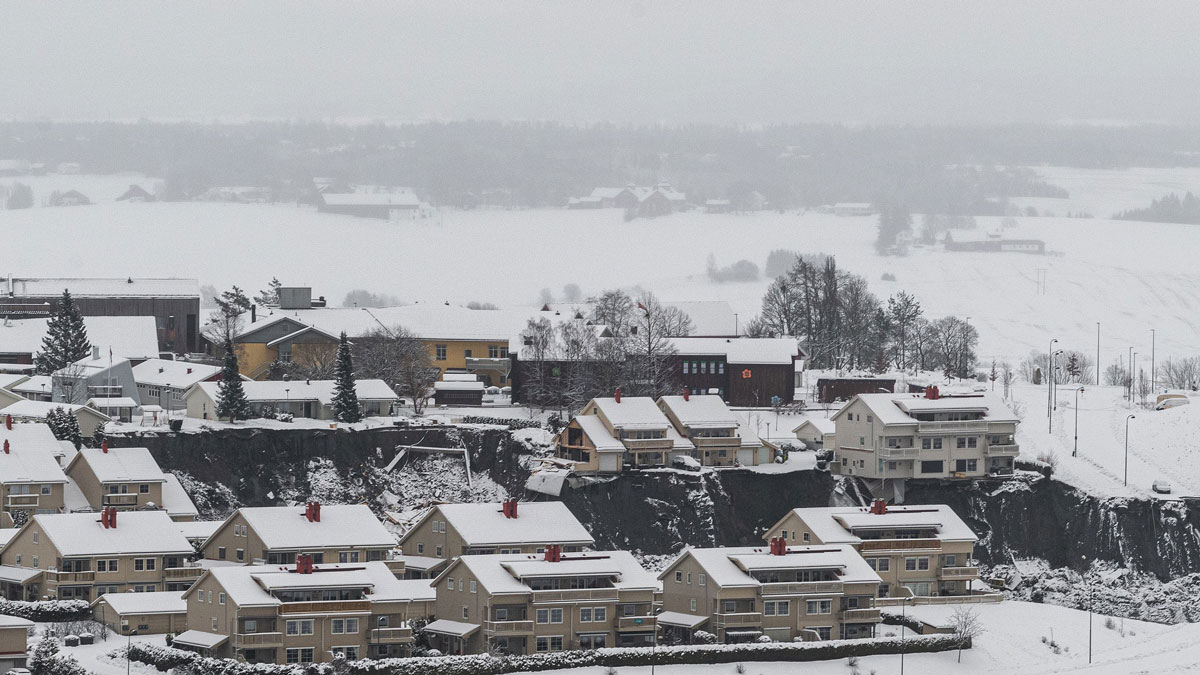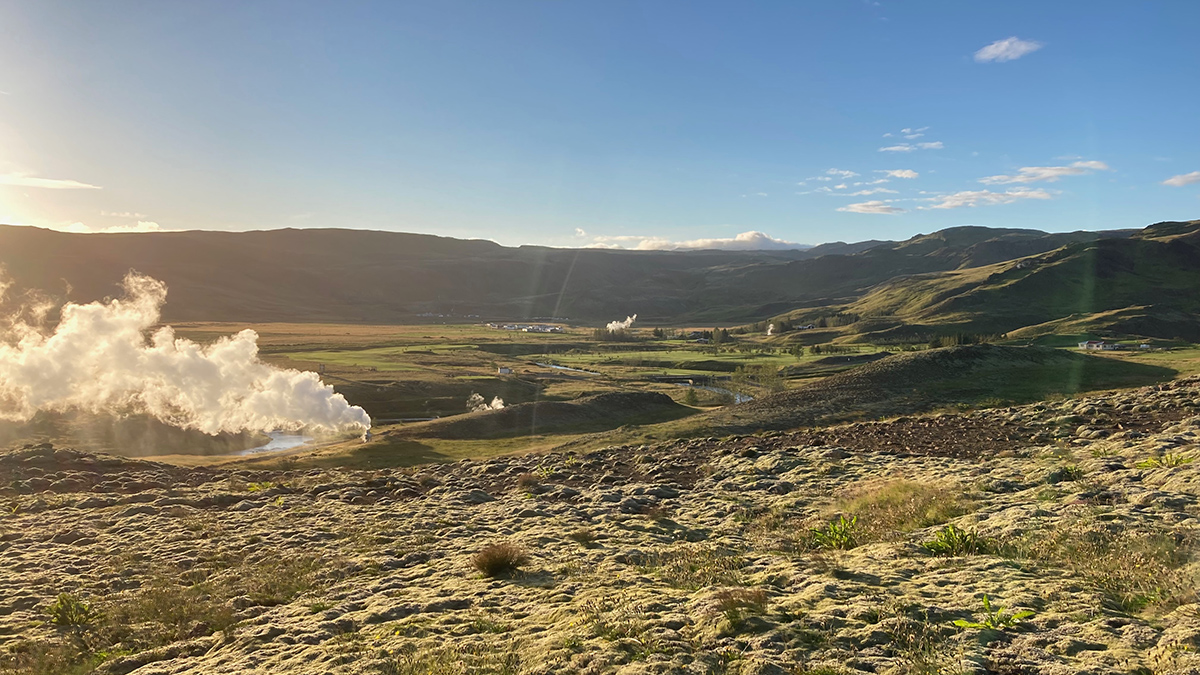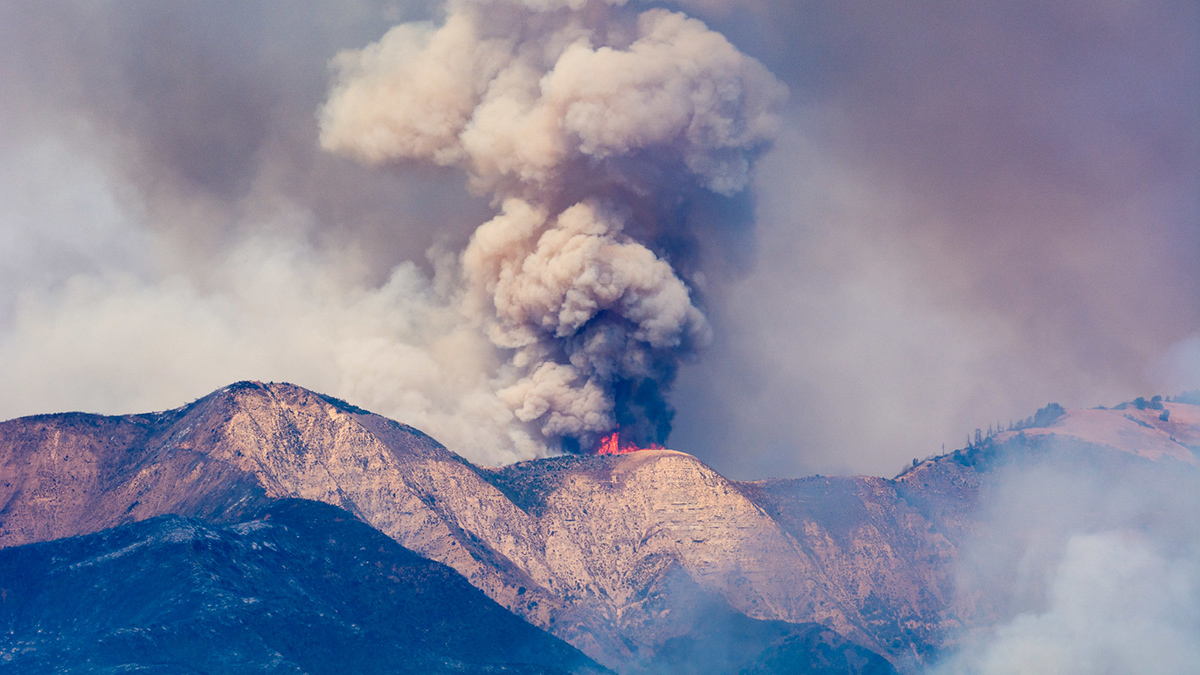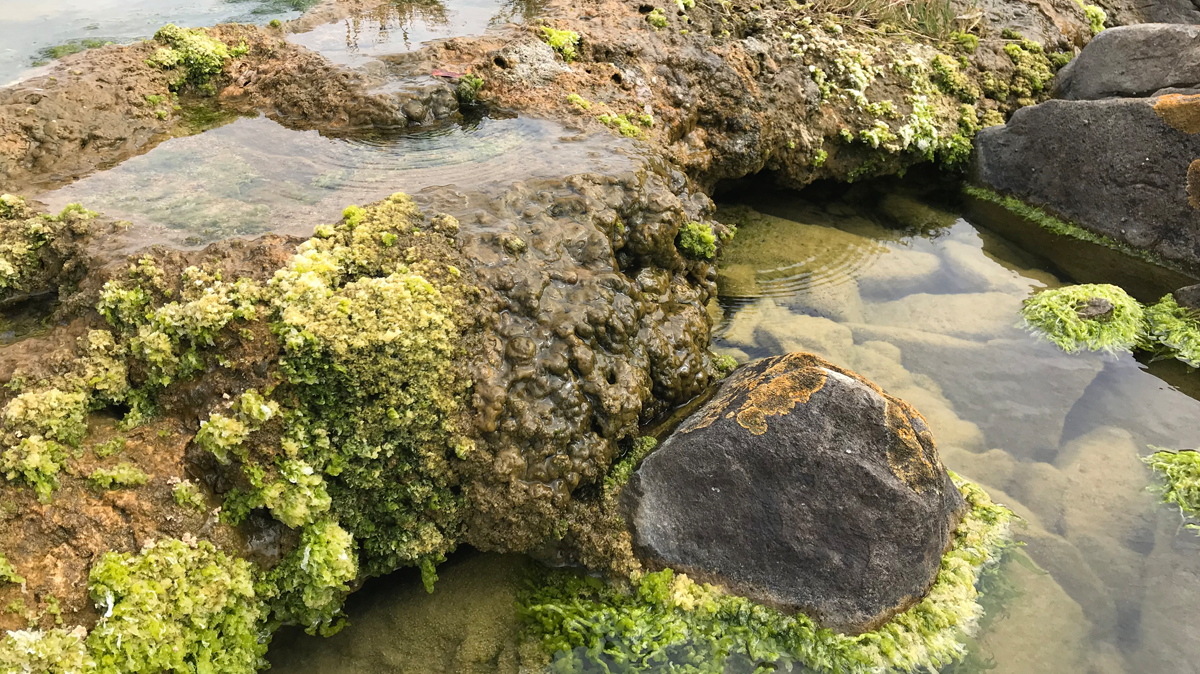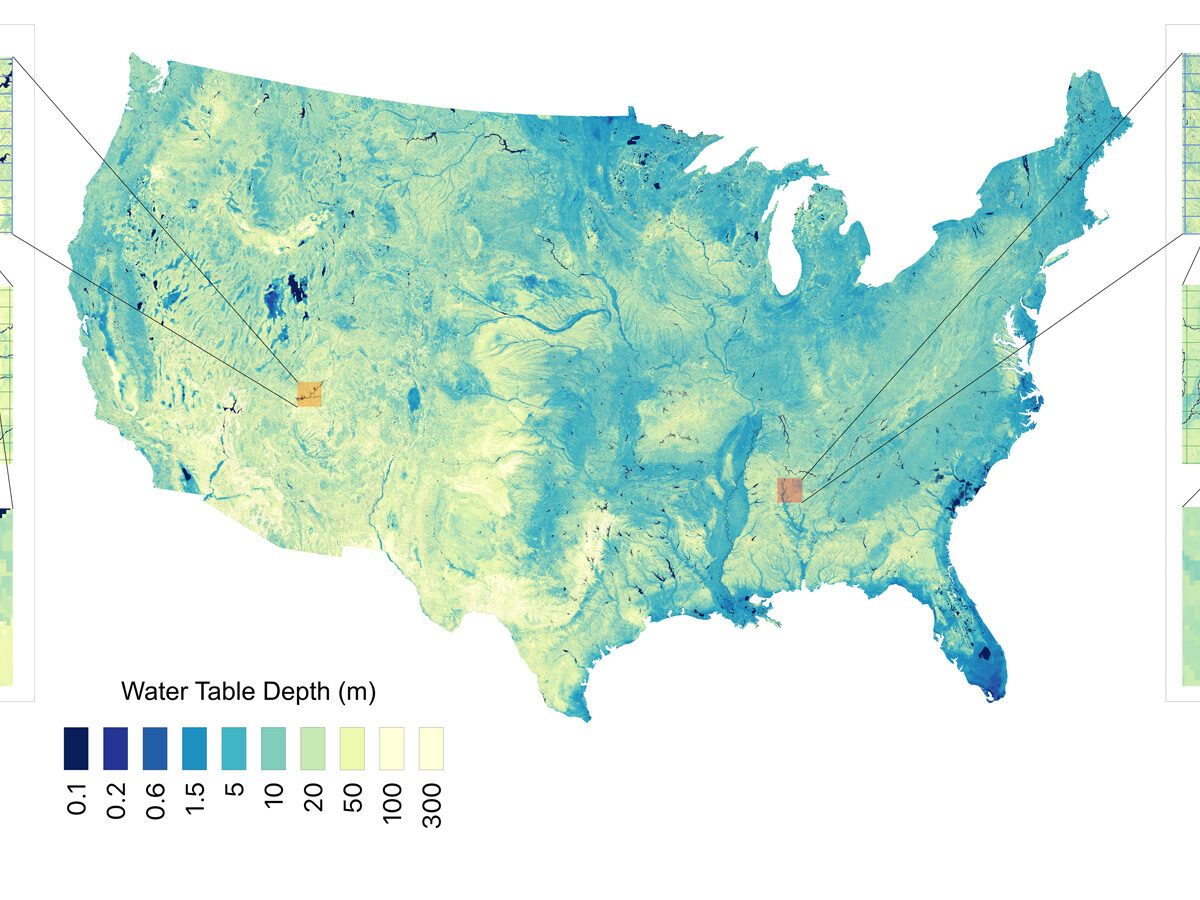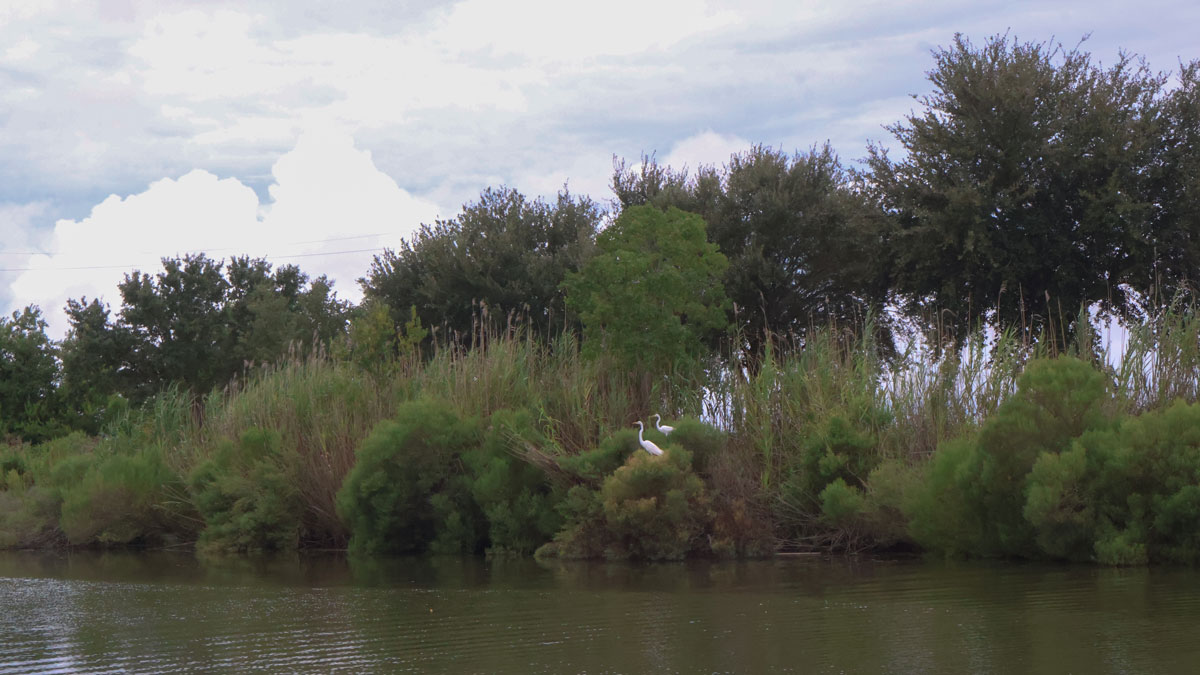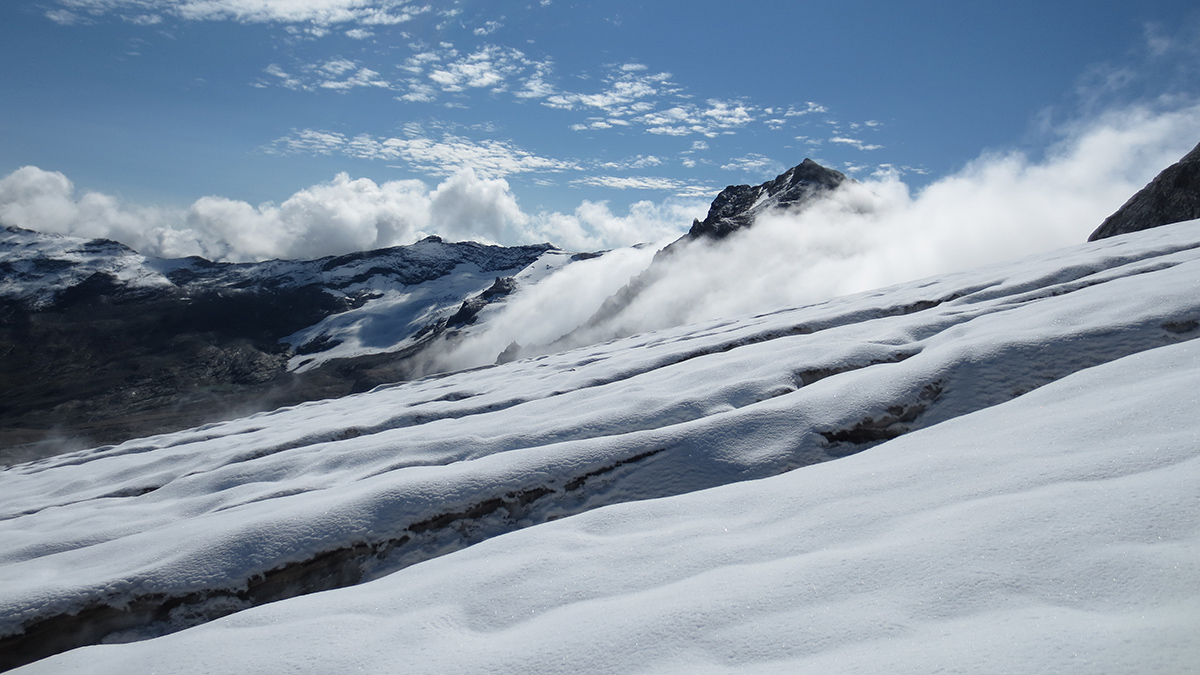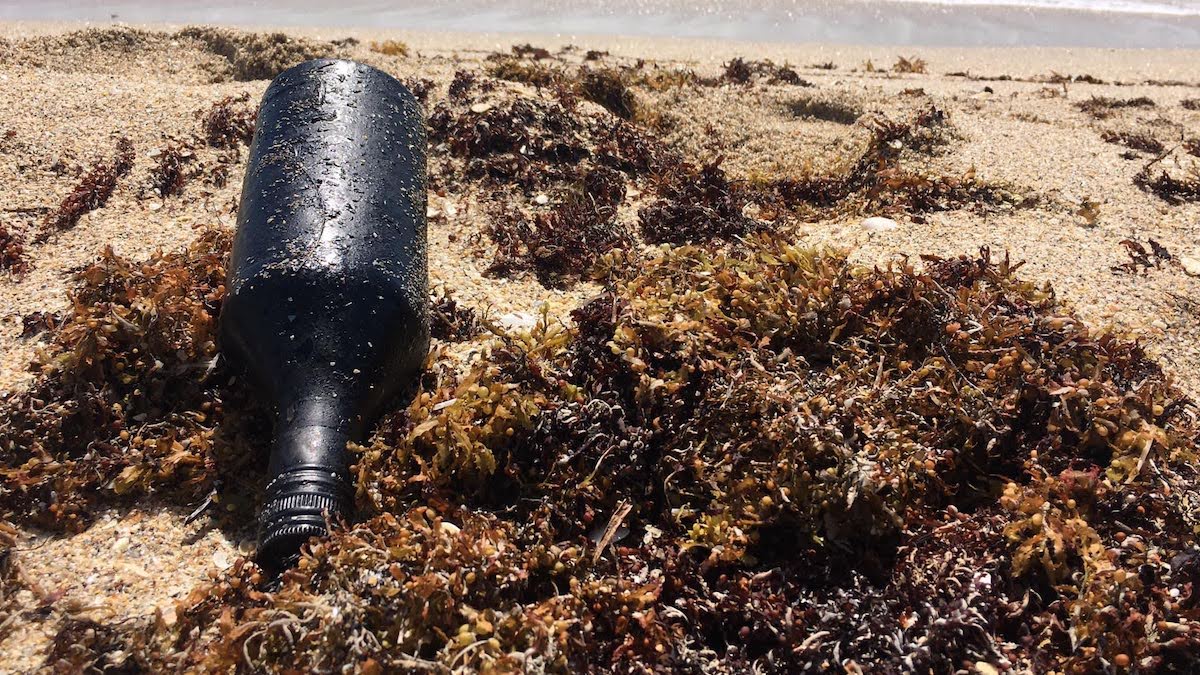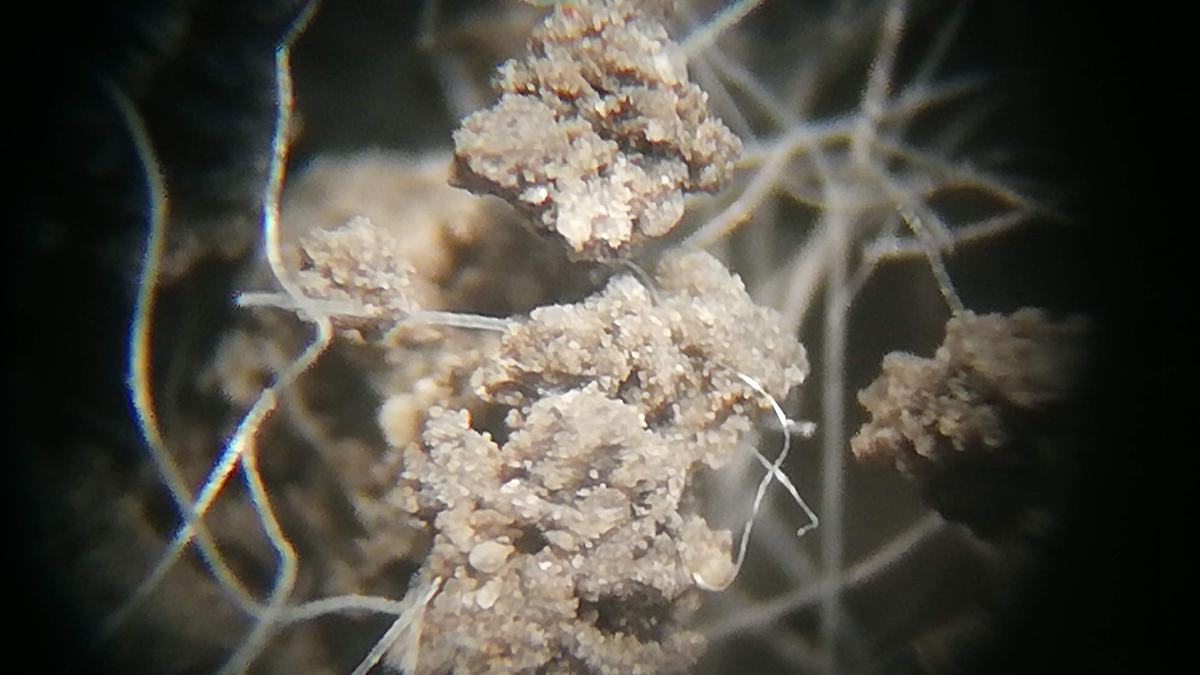In a quick clay landslide, solid soil liquefies suddenly, sometimes washing over entire towns. New modeling examines what kinds of salts could help stabilize these clays.
News
As Some Soils Warm, Microbes Stockpile Essential Nutrients
A study in Iceland found that microbes are hoarding more nitrogen for themselves, altering nutrient cycling and leaving less for plants.
Wildfire Smoke Linked to 17,000 Strokes Annually in the United States
A study of 25 million Medicare participants adds to a body of evidence suggesting that prolonged exposure to wildfire smoke is more harmful to human health than other forms of air pollution.
Rocks Formed by Microbes Absorb Carbon Day and Night
Microbialite ecosystems in South Africa stored an “astonishing” amount of carbon, according to new research.
Report: 13 Great Lakes’ Worth of Water Underlies the Contiguous United States
Researchers used 1 million data points and a machine learning algorithm to estimate groundwater stores with higher resolution than ever before.
Why Are River Deltas Disappearing? They’re Sinking Faster Than Many People Realize
It’s not just that sea levels are rising. Scientists believe fossil fuel extraction and river engineering are also factors behind coastline disappearance.
Los glaciares se están calentando más lentamente de lo esperado, pero no por mucho tiempo
Un conjunto de datos sin precedentes ofrece información sobre el efecto de enfriamiento contraintuitivo de los glaciares a escala global.
Plastic Debris Helps Oil Residues Reach Farther Across the Ocean
Scientists matched oil residues found in Florida to a Brazilian spill thousands of miles away.
The Past 3 Years Have Been the Three Hottest on Record
Extreme heat in 2023, 2024, and 2025 indicates a warming spike, a new analysis finds.
Los microplásticos tienen efectos muy variados en el suelo
Un nuevo estudio revela que una concentración de microplásticos de tan solo el 0,4 % altera el drenaje del suelo, lo que podría afectar al crecimiento de los cultivos y otras plantas.

